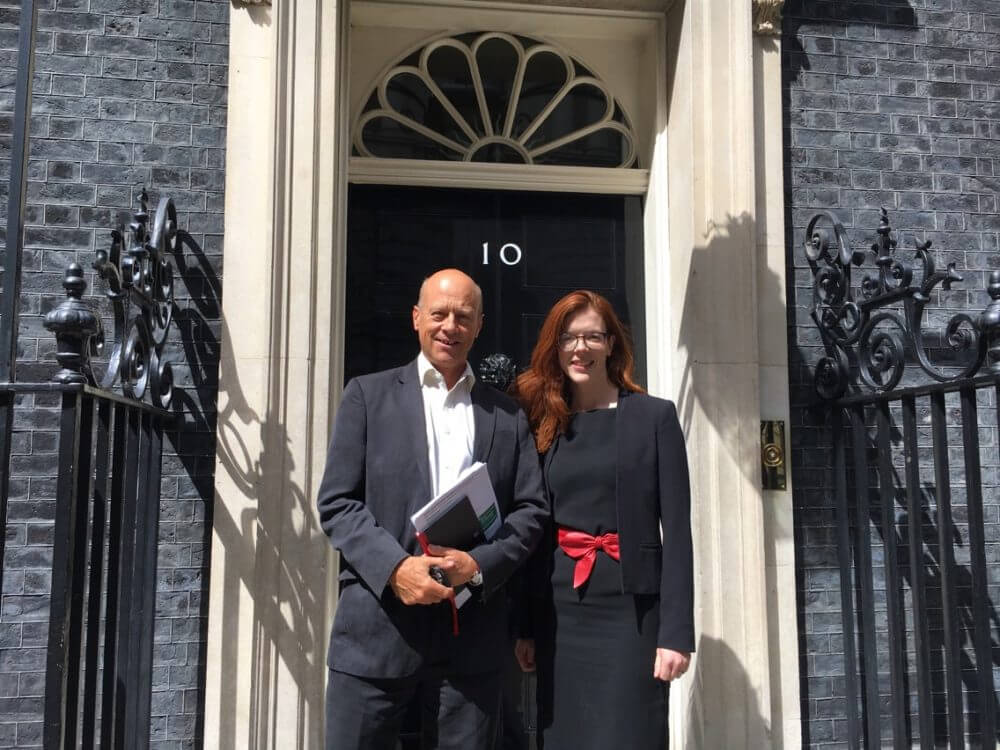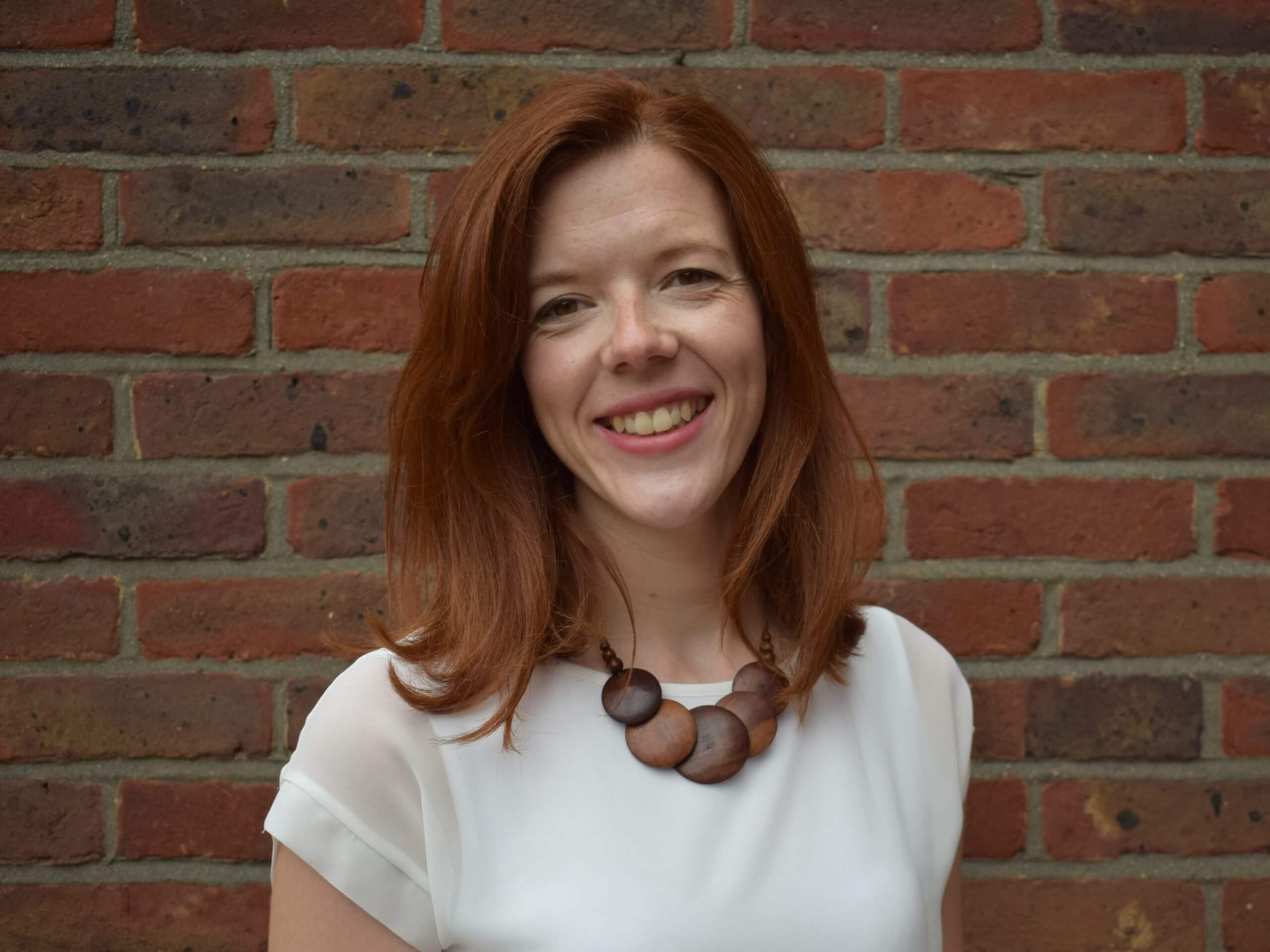
Helen Undy, Chief Executive, Money and Mental Health
The BMA agrees to #StopTheCharge
21 February 2019
One in four people with a mental health problem is also in problem debt, debt that can make mental health recovery take longer. Many banks recognise this and are willing to offer extra financial support, freezing interest payments or even writing off some debts when people are struggling. But to access this help customers are often asked to provide evidence of their mental health problem, usually a form signed by a doctor.
In October 2016 we launched our ‘Stop the Charge’ campaign after finding that one in three people who asked for this form were being charged for it, leaving many either in greater financial difficulty or going without this help as they couldn’t pay their GP. We launched the campaign with the help of people like Ian:
“I was on really low benefits. Paying £20 for the doctor’s note had a really big impact, it was a big chunk of the money I had left that week. I didn’t expect them to charge me. I was going to go to the shop after my appointment to get food, but after the doctor’s I didn’t have any money left. Until my benefits came in I couldn’t afford fresh food, so had to live on dry pasta and the things in the cupboard.”
And in January 2017, we celebrated a big victory. The Prime Minister herself responded to our campaign, announcing in a major speech:
“Despite known links between debt and mental health, currently hundreds of mental health patients are charged…by their GP for a form to prove they have mental health issues. To end this unfair practice the Department for Health will undertake a formal review of the mental health debt form, working with the Money and Mental Health Policy Institute.”
But that was just the beginning
With the Prime Minister on board we had hoped that the process of ending the charge would be straightforward. A ‘summit’ was called at Downing Street to thrash out a solution, bringing together bodies representing creditors, mental health professionals, debt advice charities and those with personal experience of mental health problems.

As is too often the case in the world of policy, the solution that we came to was the need for a working group. The group’s aims were to reduce the time taken to fill the form, to reduce the need for the form, and end the charges for the form. Over the course of the following year we started to tick those three things off.
The original designers of the form, the Money Advice Liaison Group, together with the debt advice sector, health bodies and our team agreed to support the redesign of the form to get it from a multi-page piece of paperwork to a single line certification – quick and easy for health professionals to complete.
And the bodies representing the creditors and debt collectors agreed to change the guidance to their members so that evidence is only requested as a last resort, and that people are trusted in the first instance. This new guidance also stipulated that where evidence is needed, the default is to use evidence people already have before going to a GP to ask for paperwork.
We’d achieved two out of three changes needed – the final hurdle was to secure agreement from the British Medical Association, the body that represents GPs in the UK, to agree to stop charging for the new, shortened form.
Eventually, we got there
Finally, on our second attempt, we succeeded. Two years on from the Prime Minister’s commitment, the BMA has agreed to stop GPs charging for the new, shortened form – and wording to that effect has been included in their new contract with NHS England.
It’s a significant victory for all the members of the working group who have pushed for this, and the campaigners who gave their backing to the campaign. From the fourteen leading mental health and advice charities who came on board, to the cross-party coalition of MPs and, most of all, the 2,000 people who signed their names on our open letter to Jeremy Hunt back when he was Health Secretary. Yes, this campaign has lasted longer than many Ministers’ jobs.
And this isn’t quite the end of the road. If we’ve learned anything from this experience, it’s that a campaign is not over until we can see the change happening on the ground. We now need the government to deliver the final steps, by bringing together the organisations needed to produce the new simplified version of the form – and providing guidance to creditors, debt advisers and people with mental health problems about how to use it.
A successful campaign always starts with a bang, but it rarely ends with one. The commitment we secured from the Prime Minister in 2017 was a huge achievement, but it was far from the finish line. We’re now in touching distance of the end, but we’ll keep going until this charge has stopped once and for all.
